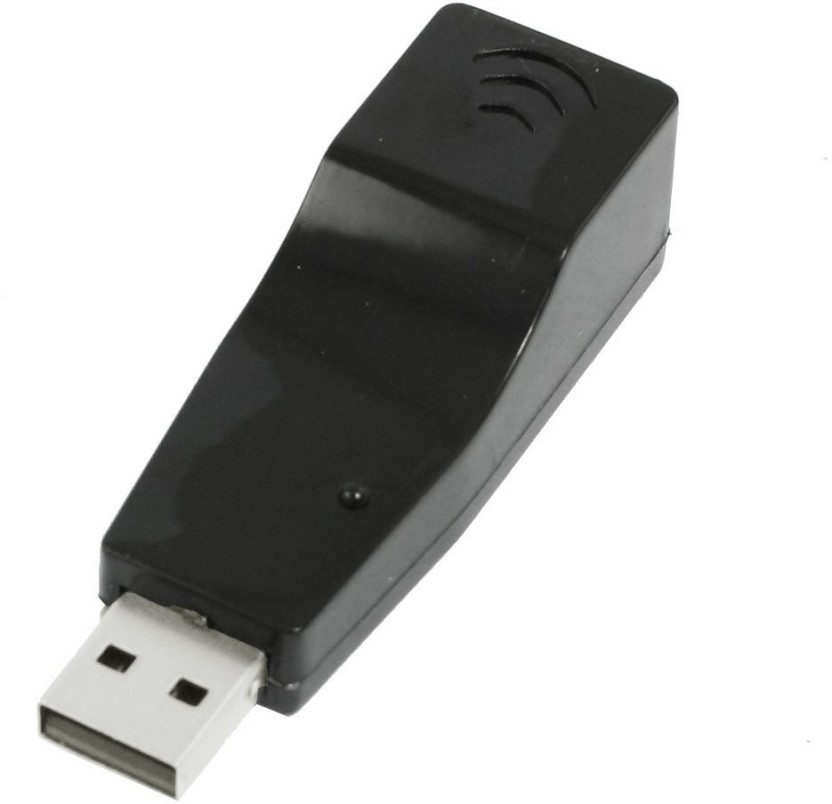Network Class Driver with EEM sub-class

- Metro Vancouver is a federation of 21 municipalities, one Electoral Area and one Treaty First Nation that collaboratively plans for and delivers regional-scale services.
- An updated driver downloaded from the Belkin Support site may also contain device feature enhancements that are not available in the previous versions. This article will guide you on how to download the latest driver for your Belkin wireless adapter. Before you begin, ensure that you have an active internet connection.
- Belcarra Weather Forecasts. Weather Underground provides local & long-range weather forecasts, weatherreports, maps & tropical weather conditions for the Belcarra area.
Belcarra Technologies has been a leader in the evolution of USB and it’s use for connecting network peripherals of all types.
Overview
Belcarra Technologies’ USBLAN class driver for Windows is a Microsoft Windows networking-over-USB solution compatible with both the older CDC-ECM and the more recent and higher performance CDC-EEM. USBLAN is available for Windows 2000 and Windows XP with Vista versions expected soon.
Belcarra has followed the progression of USB’s use for connecting network peripherals of all types. As a pioneer in the provision of driver software both for smart peripherals as well as for the desktop operating systems that support them, Belcarra has produced USBLAN, which enables smart peripherals to share data across the USB fabric as if they were connected to an otherwise normal TCP/IP network via Ethernet.
Belcarra’s USBLAN Network Class Driver implements an Ethernet-based Internet network function using either the CDC-EEM (Ethernet Emulation Model) sub-class for transporting Ethernet frames over USB or the CDC-ECM (Ethernet Communications Model).
A typical desktop Windows networking environment that might be called upon to use USB to connect to network devices meets two distinct types of USB networking devices:
1. Smart (PDA) devices which will source and sink network data

2. Infrastructure (Bridge/Router) devices that will act as an Ethernet packet bridge between the Windows system, its own local devices, and another 802.3 (Ethernet) based network, and/or route Internet Protocol packets to another IP based network
Each type of device implements a distinct type of network connection and must interact with the host in a correspondingly distinct fashion. The USBLAN driver recognizes the type of device by the type of configuration presented by the device during enumeration.

Belcarra Network & Wireless Cards Driver Download For Windows 10 Free
Belcarra Network Provider
http://link.belcarra.com/USBLAN_EEM whitepaper (2006-04-21)